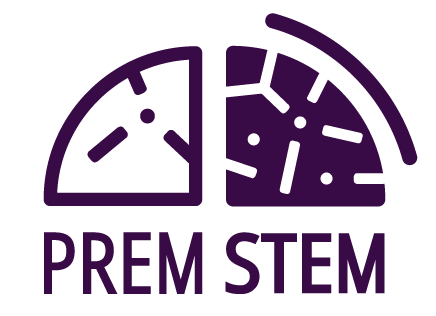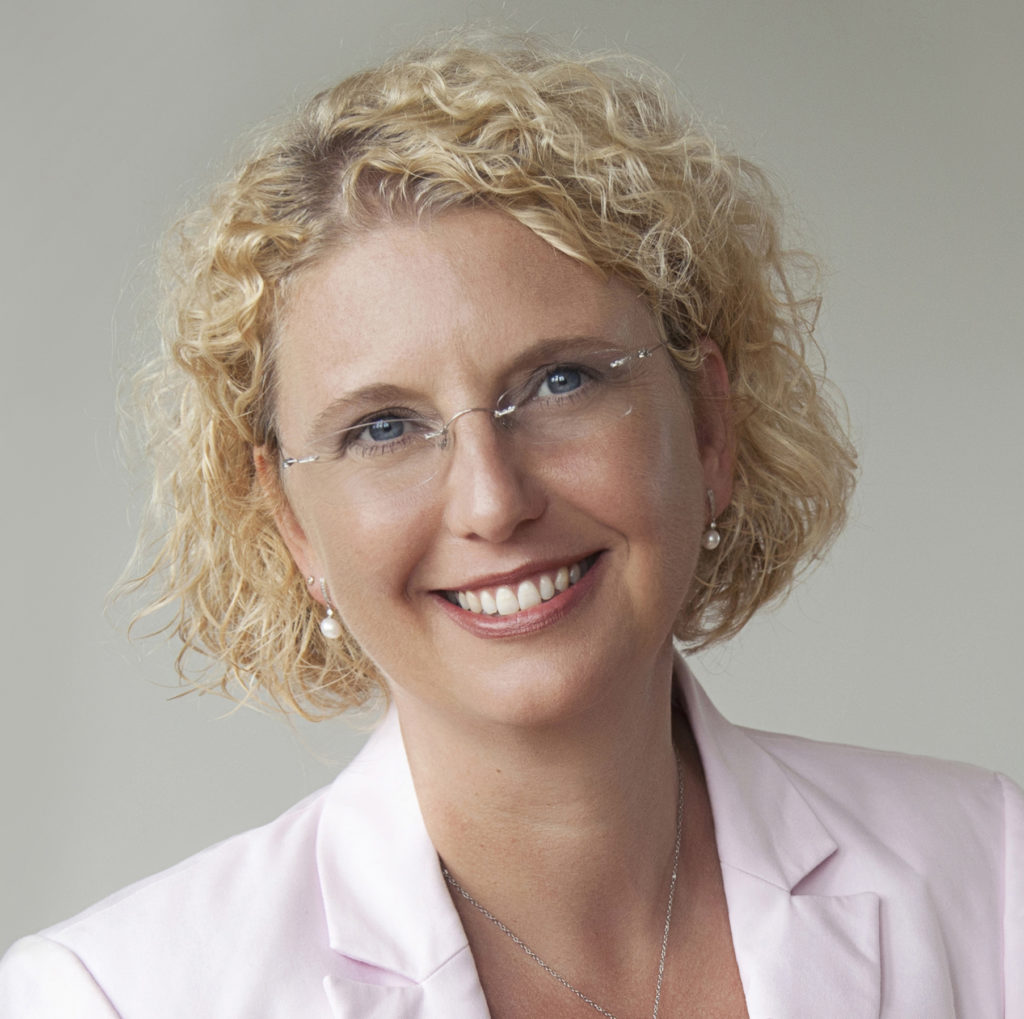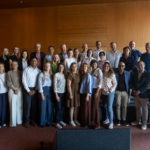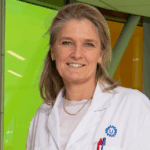What is your area of work and what attracted you to it?
I am the Chairwoman of the Executive Board and co-founder of the European Foundation for the Care of Newborn Infants (EFCNI). My professional background lies in primary education, mainly focusing on the linguistic support of migrant children and remedial educational theory. Since 2014 I have been an Honorary Lecturer at the School of Nursing and Midwifery, Queen’s University Belfast, Northern Ireland.
In 1997 my twins were born in the 25th week of pregnancy and were not given the appropriate care. Unfortunately, one of them died a few days after birth, leaving us, the parents and the sibling, behind. During my time in hospital and afterwards, I was faced with the non-existence of support of any kind, the absence of public awareness and the lack of information and education for parents during pregnancy. I felt that no parents should ever go through such an awful experience as my husband and I did.
In 1999 I decided to actively participate in the Munich-based local parent group, which I headed from 2001 onwards. Two years later, I became Chairwoman of the German umbrella organisation ‘The preterm born child e. V.’. Together with experts, we developed declarations, guidelines and information material for parents with preterm born children.
As the situation throughout Europe is distressingly similar and preterm born children urgently need a voice not only within Europe but also worldwide, I decided to give up my position as a teacher and to take on the role of chair of the Executive Board of EFCNI.
What has been your proudest accomplishment so far?
Setting up EFCNI and growing it into an organisation that makes the voices of parents of preterm and sick newborn infants heard in Europe and on a global level is my proudest accomplishment. This has been achieved by setting up an extensive network of parent organisations and stakeholders and strong initiatives and projects. Examples are the call for action at the European Parliament, the initiative of World Prematurity Day, the large multidisciplinary European Standards of Newborn Health project and the set-up of the global network for parents’ voices, GLANCE (Global Alliance for Newborn Care). EFCNI’s impact has been widely recognised and I have individually received a number of awards in relation to this work and engagement.
What is the most important purpose you want to address in your work?
EFCNI is dedicated to improving the situation of mothers and newborn infants in Europe across the full spectrum of care, promoting and protecting the right to the best start in life. Having a voice for parents and empowering them through support and training is an essential tool to improve the care of newborn infants, where parents play an integral role. One of my ultimate goals is to fully implement the European Standards of Care for Newborn Health so that care is equally available and as good as possible everywhere.
What is your organisation’s role on the PREMSTEM project?
EFCNI is developing the PREMSTEM dissemination and exploitation strategy to increase the visibility and impact of the research on health and society. Translating and spreading the basic research findings in a language that is understandable and useful for parents and important stakeholders is an essential step in the future success of getting this new research into a successful clinical therapy as fast as possible.
What is innovative about PREMSTEM? Why is this research important?
The PREMSTEM research project has the potential to prepare for the first time an effective therapy to prevent or minimise brain damage in preterm infants. Immaturity and consequent damage to the brain is the most important contributor to long-term problems in surviving preterm infants who grow up into adulthood. A new safe and effective therapy is really needed!
What is the most significant outcome you hope PREMSTEM can achieve?
I experienced myself the long-term neurological consequences of a preterm born child – my son Lukas. We have been very lucky as he is self-supportive and enjoys his studies at university. But even to us it has been a significant level of stress and burden. I can only imagine how it must be if neurological problems are more severe. It will be an enormous improvement if PREMSTEM can contribute to the development of a therapy that can only alleviate this a little, and it would be a miracle if most neurological problems could be prevented all together. It would significantly improve the lives of preterm born children and their families and be a great contribution to society.






